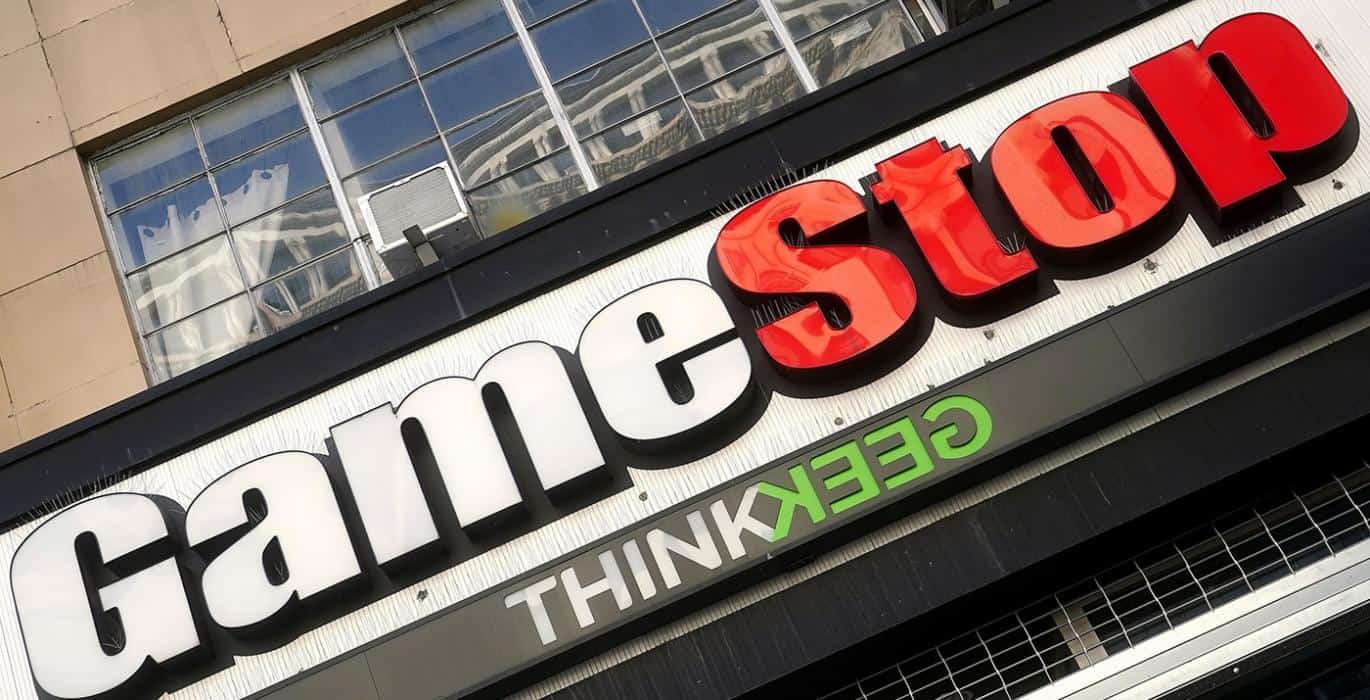It’s like January all over again: The so-called “meme stocks” are soaring once again.
On Wednesday, Gamestop (GME) increased 16%, reaching price levels not seen since March. The video game retailer climbed another 5% Thursday, as its stock eclipsed $250. Earlier this month, Gamestop was priced at just $162. AMC Entertainment (AMC) has had an even better week. On Wednesday, AMC popped by nearly 19%. Then on Thursday, it skyrocketed 35% to over $26. The movie theatre chain (which nearly filed for bankruptcy earlier in the year but instead raised more equity on the wave of retail enthusiasm) has doubled in value just this week.
The surface level explanation for these market moves is retail anger at short sellers. Indeed, short positions in both companies have climbed back up since the January frenzy, Peter Hillerberg, cofounder and CTO of Ortex Analytics recently told MarketWatch. That institutional investors have rebuilt short positions in these companies suggests one of two scenarios — or, perhaps, both scenarios that are true at the same time:
The first is that institutional short sellers believed the winter mayhem was a passing fad, and that the retail speculators of Reddit’s WallStreetBets forum would go quietly in the night as vaccines were distributed, the economy began reopening, and people found other ways to occupy themselves besides playing around on Robinhood.
Of course, this hypothesis is proving itself to be misjudged, with meme stocks on the verge of reaching fresh new highs. If anything, bandits of YOLO-oriented speculators are likely to become permanent fixtures in the world of equity markets. Zero commission trading isn’t going anywhere. Plus, the glowing profiles of millionaire speculators is sure to inspire thousands more to try their hand at the stock market and cryptocurrency investing.
The supposed retail-versus-institutional dichotomy is revealing itself to be false. Back in January, as an army of Reddit traders drove Gamestop to new heights, established investors and hedge fund managers like Chamath Palihapitiya waded into the frenzy, sensing an opportunity to reap profits.
Today, institutions are pouring capital into Bitcoin (BTC), once a darling of the rebel retail crowd. Billionaires like Elon Musk and Mark Cuban have endorsed the meme cryptocurrency Dogecoin. Even CNBC host and institutional soothsayer Jim Cramer is praising retail investors for betting on Beyond Meat (BYND), which has attracted short sellers. Small-time investors may be driving the speculative rush into meme assets, but institutions and billionaires are along for the ride.
The second scenario goes like this: Some institutional short sellers always expected retail investors to eventually reinvest in meme stocks. The plan was always to close out short positions at any sign of serious inflows. One can imagine well-paid hedge fund analysts trawling through WallStreetBets, hunting for posts about short sellers, attempting to quantify the number of irate Reddit users posting about the likes of Melvin Capital.
That such a dynamic is even plausible tells us something important about how market dynamics have transformed the last year. Shorting a company is a risky bet; the potential downsides are, theoretically, unlimited. Historically, the decision to short a company is based on a numbers-grounded belief that the company’s stock is going to go down; that earnings per share are doomed; that the outlook for any number of financial metrics is gloomy.
In the brave new world of meme stocks, short selling risks being reduced to a cat and mouse game: The short sellers bet against a stock; then the retail crowd drives it back up; the short sellers get back in on their trade a few weeks later when the retail crowd moves on to another target; then they remember their old prey and plow their money back into it. The cycle could go on and on, ad infinitum.
At the end of the day, what the revival of meme stocks (and more broadly, the enthusiasm for cryptocurrencies) says about equity markets is that momentum is encroaching on value, social media chatter is weighing on analyst reports, and Reddit is supplanting Bloomberg Terminals.
Hedge funds, beware: Investors are coming for you.

